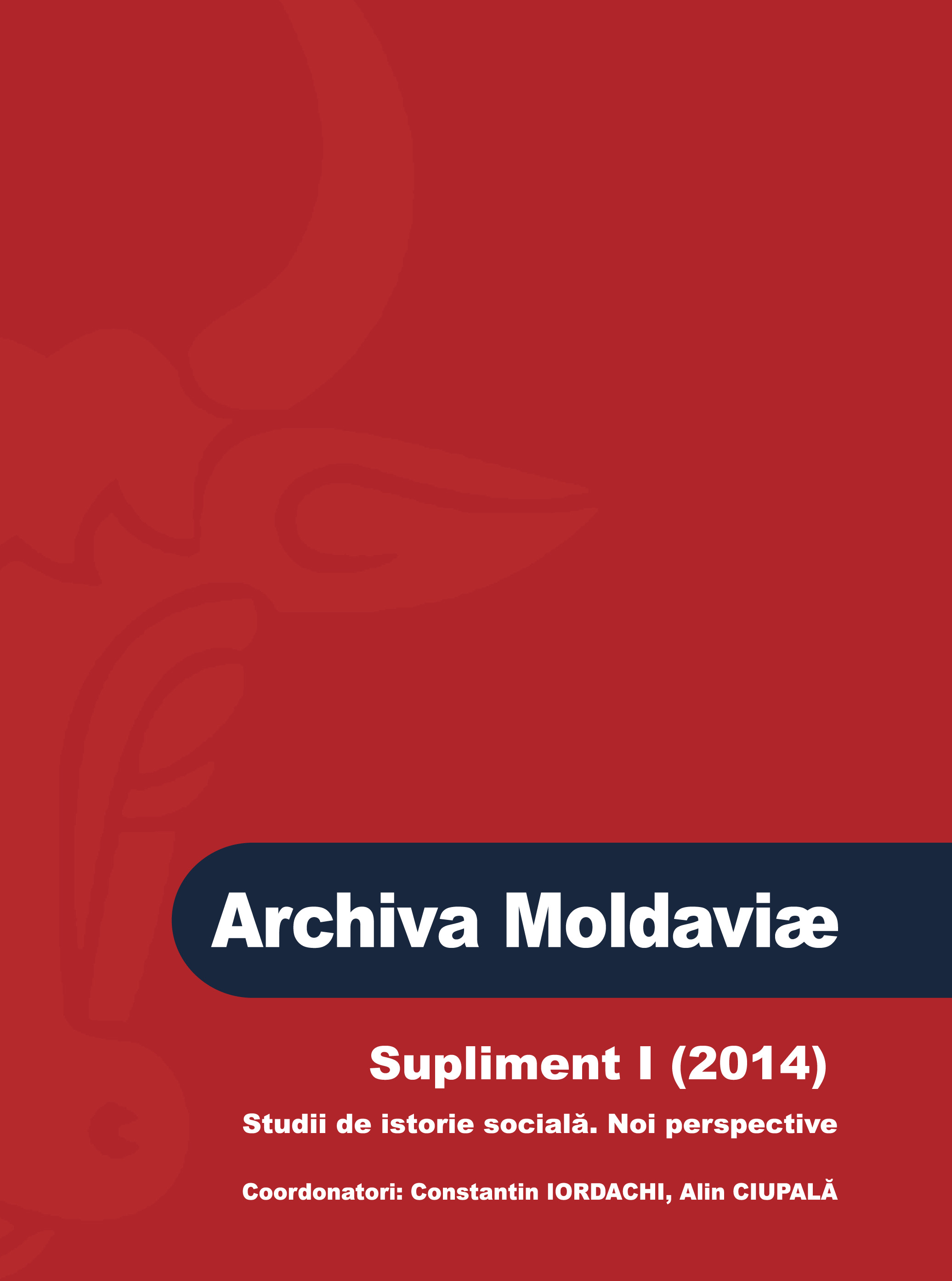Medicalizarea domeniului dreptului penal în România interbelică
The Medicalization of the Penal System in Interwar Romania
Author(s): Corina DobosSubject(s): Social history, Interwar Period (1920 - 1939)
Published by: Societatea de Studii Istorice din România
Keywords: Greater Romania; history of criminology; Penal Law; medicalization; delinquency; Cesare Lombroso.
Summary/Abstract: The present article deals with the scientific and political configuration of Criminal Law in Greater Romania, by focusing on three Criminal code projects (1928, 1933, 1934), together with the theoretical explanations that come along and political motivations that surface the penal discourse. Although Romania was victorious in the Great War, many analysts considered that the country was not yet “safe”, as further enemies were to be fought. The Criminal domain proves extremely important in the national venture of defense: the Criminal Code projects made in the epoch show a vivid preoccupation for “defending the society” (Foucault) from its internal enemies. I argue that the turbulent post-World War One social and political context and the success of the positivism-inspired Criminal law in interwar Europe, assumed explicitly or implicitly by the institutional actors involved, trigger significant changes in the Criminal law of interwar Romania. These changes, were part of a larger process of “somatization” (Cooter) that marks the modern culture and illustrate the process of medicalization of the Criminal law in Greater Romania.
Journal: Archiva Moldaviae
- Issue Year: VI/2014
- Issue No: Suppl.1
- Page Range: 141-166
- Page Count: 26
- Language: Romanian

